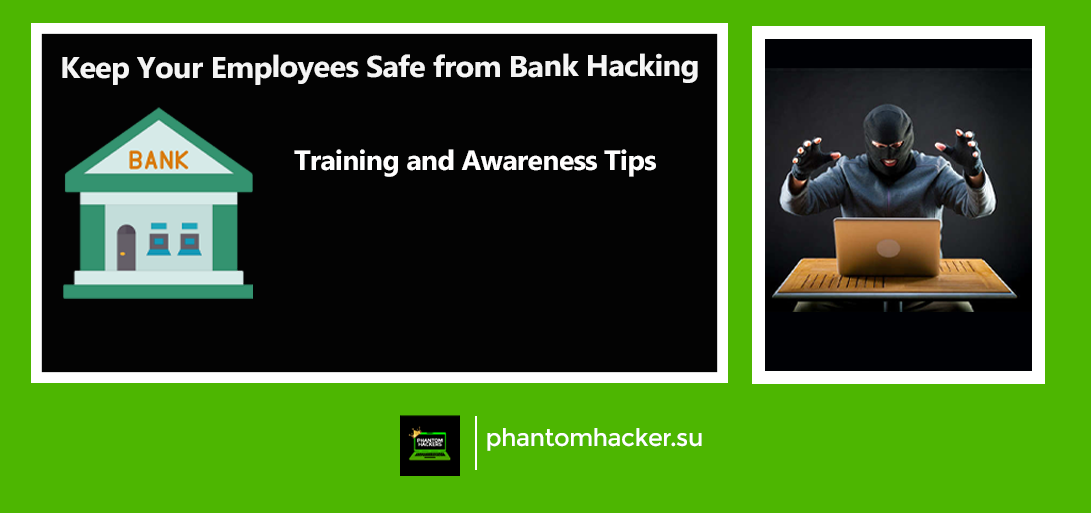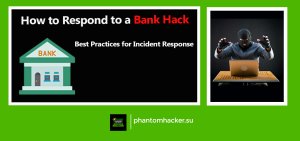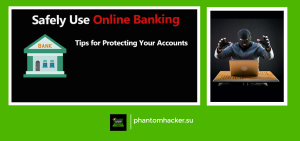With the increasing reliance on digital banking systems, banks have become more vulnerable to cyber attacks. Bank hacking can result in significant financial losses and damage to a bank’s reputation. In this article, we will discuss some training and awareness tips that banks can use to keep their employees safe from bank hacking.
Understanding Bank Hacking
Before we dive into the tips, it’s essential to understand what bank hacking is and how it works. Bank hacking is the unauthorized access of a bank’s digital systems to steal sensitive information, such as customer data and financial information. The hackers may use various techniques such as phishing, malware attacks, and social engineering to gain access to the bank’s systems.
Training Employees
One of the most crucial steps in keeping your bank safe from hacking is training your employees. It’s essential to educate your employees about the risks of cyber attacks and how to prevent them. Here are some tips on training your employees:
1. Conduct Regular Security Training Sessions
It’s vital to conduct regular security training sessions to educate your employees on the latest security threats and how to identify them. The training should cover topics such as phishing, social engineering, malware attacks, and password management.
2. Provide Real-World Scenarios
Providing real-world scenarios can help employees understand the risks better. You can create simulated phishing attacks and test your employees’ response to these attacks. This can help identify weaknesses in your security system and provide opportunities for improvement.
3. Emphasize the Importance of Passwords
Passwords are the first line of defense against cyber attacks. It’s essential to teach your employees the importance of strong passwords and how to create them. Encourage them to use password managers and to change their passwords regularly.
Raising Awareness
Apart from training your employees, it’s essential to raise awareness about cyber threats and the importance of cybersecurity. Here are some tips:
1. Provide Regular Updates
Provide regular updates to your employees about the latest security threats and how to prevent them. Keep them informed about any changes in your security policies and procedures.
2. Create a Security Culture
Creating a security culture is essential to keeping your bank safe from cyber attacks. Encourage your employees to report any suspicious activity and reward them for doing so.
3. Implement a “Clean Desk” Policy
Implement a “clean desk” policy to reduce the risk of sensitive information being left unattended. Encourage employees to lock their screens when they step away from their desks and to store sensitive information in secure locations.
CLICK HERE TO HIRE A MONEY TRANSFER HACKER
Conclusion
In conclusion, keeping your bank safe from cyber attacks requires a multi-pronged approach. Training your employees and raising awareness about cyber threats are essential steps in preventing bank hacking. By implementing the tips discussed in this article, you can create a culture of cybersecurity and keep your bank and its customers safe from harm.
FAQs
- What is bank hacking? Bank hacking is the unauthorized access of a bank’s digital systems to steal sensitive information, such as customer data and financial information.
- What are some techniques used in bank hacking? Some techniques used in bank hacking include phishing, malware attacks, and social engineering.
- Why is employee training essential in preventing bank hacking? Employee training is essential in preventing bank hacking because employees are often the first line of defense against cyber attacks.
- What is a “clean desk” policy? A “clean desk” policy is a policy that requires employees to keep their desks clear of sensitive information and to store it in secure locations.
- How can I create a security culture in my bank? To create a security culture in your bank, you can encourage employees to report suspicious activity, reward them for doing so, and provide regular updates on the latest security threats and how to prevent them. You can also implement a “clean desk” policy and conduct regular security training sessions to educate your employees on the importance of cybersecurity.






